JAPAN CUTS Review: Shinya Tsukamoto’s KILLING Cuts Deep Into The Existential And Horrific
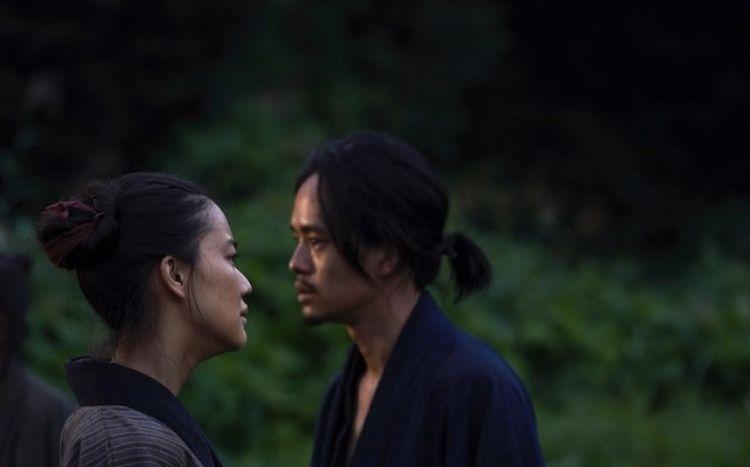
Shinya Tsukamoto’s latest film takes a toll on the senses with Killing, a chilling eight-minute chanbara drama that suitably provides a template on which the multi-hat wearing filmmaker gets to exhibit the more visionary ends of his craft.
The story and setting are encompassed by a foreboding undertone in Killing in which we engage the story of Mokunoshin Tsuzuki (Sosuke Ikematsu), a samurai tentatively housed with a farming family. Partaking on his share of the workload, he also spars at wooden swords with the son of the family Ichisuke (Ryusei Maeda), whose sister, Yu (Yu Aoi), shares all but concern regard her brother’s desire to be as talented a samurai as is their guest.
The same goes for Tsuzuki who plans on leaving for Edo very soon for the battlefield. One day, a chance meeting with Jiaremon Sawamura (Shinya Tsukamoto), an aged ronin upon whom they spotted in a duel earlier that day, provides opportunity for both Tsuzuki and his novice when offering a position in a warrior squad he’s building on his way to Edo to serve the shogun amid wartime.
With squad prospects lying in wait, Tsuzuki is tasked with fending off of a band of bandits – travelers with a seeming reputation for terrorizing innocent people. Little do they all know, including Sawamura, the events that follow suit would become part and parcel to a consequential turning point that would tragically change everyone’s lives forever.
From the very top, Killing slowly peels back the layers of its grim character study, observing the stoic introspections of our characters – namely Ikematsu’s Tsuzuki and Aoi’s Yu who share a connection that is only fetishly sexual in nature. Maeda’s Ichisuke is the more rambunctious precursor for the film’s true catalyst in Sawamura, as portrayed by Tsukamoto who delivers as good as his celebrated stature on both sides of the lens has promised over the years.
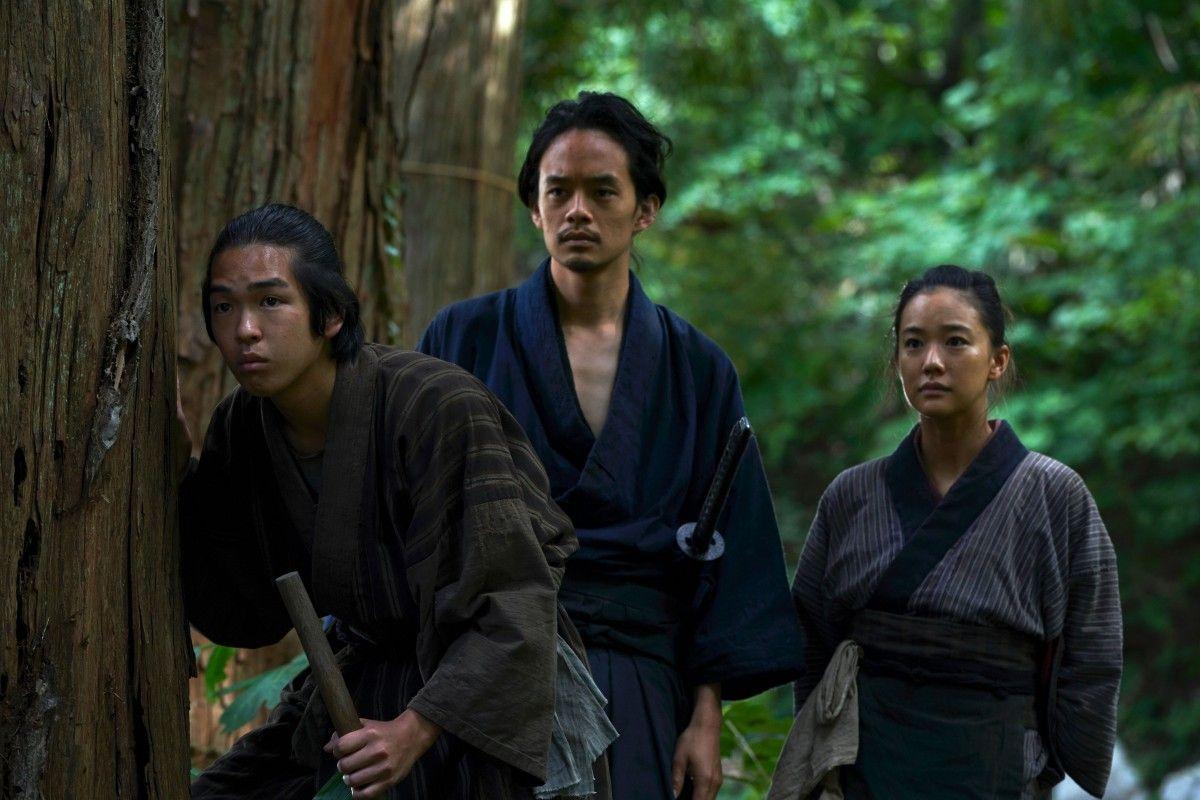
Inaugurated by the forging process of a sword, the recurring, intense imagery of a man gripping a sword represents the very hook of Tsukamoto’s vision on Killing. It’s on that very da capo that Tsukamoto’s omnious evolution of our characters key characters commences, often reflecting on the very concept and overall burden of taking another person’s life.
That Killing is set in the mid 19th century certainly helps in its own way, albeit minimally, with Tsukamoto’s m.o. for telling the story. It’s definitely more period-oriented, though I can see the universal, more modern nature the auteur once hinted at while discussing the film at a festival in Busan last year.
Killing doesn’t do much on the gory front for the film’s action scenes well past the first half of the film; the sparring sequences between Tsuzuki and Ichisuke are energetically paced and shot, and signature of Tsukamoto’s acumen on filming fight scenes. Interestingly, this aspect of the action sort of turns on its head, albeit deliberately in a way, by the time Killing reaches a key fight scene midway in the film. It’s also where the violence cranks up something fierce, and the final sword duel plays out with equal shock value.
Killing doesn’t measure real heavy on production value. It defintiely has a median-budget feel but it doesn’t take away from it’s authenticity. More to the point, the film serves as a definitive, heavy-handed play on chanbara cinema that delves deep into the existential and the foreboding.
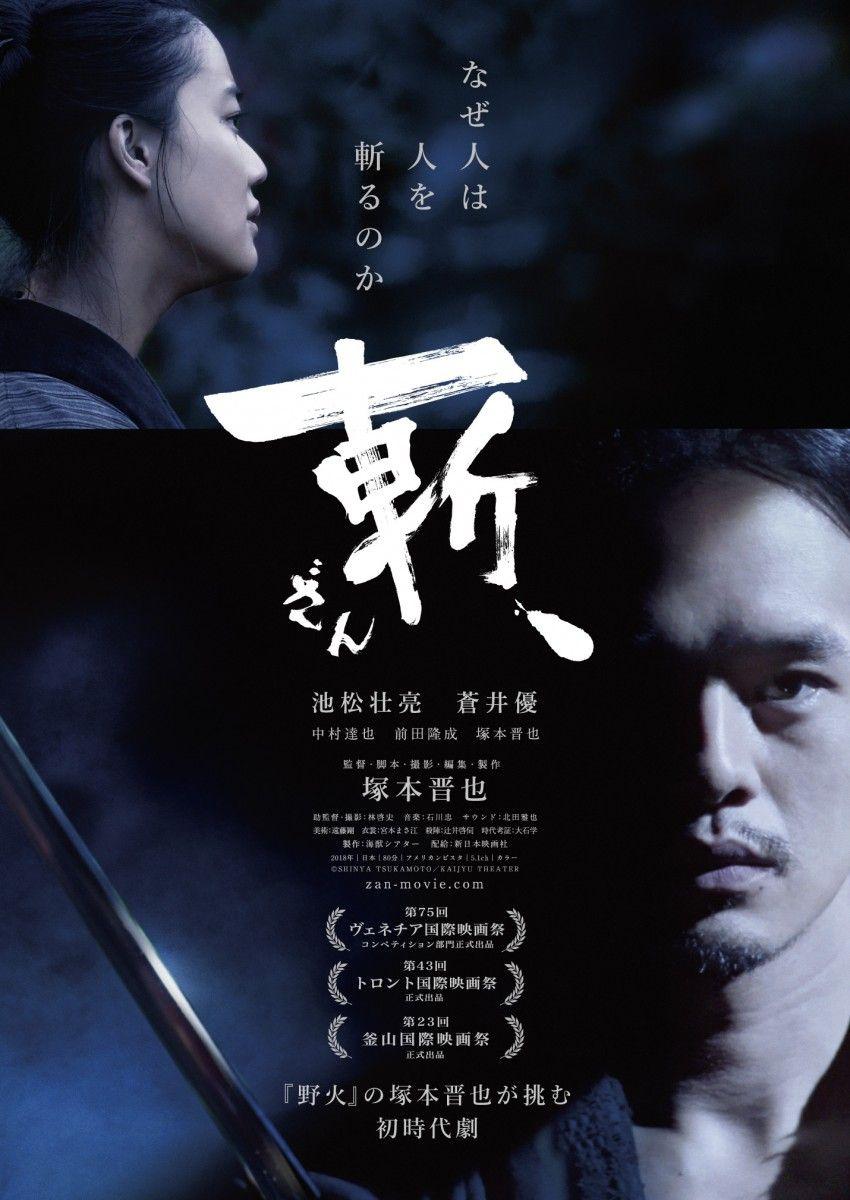
As a matter of disclosure, I’m part of the “better late than never crowd” with Tsukamoto’s work. I had heard of him ever since I took up my DVD craze in the early two-thousandsies and Killing will actually be my freshman experience going into his work before I dip into Bullet Ballet for Japan Cuts.
Killing is a brooding, filmic mass of foreboding allure, well-acted and surely well-made. While not too cynical for its own good, similarly, it’s also bent on painting as grim and reflective as possible, a nightmaring effigy of the human soul. For this, I’m not typically into smoking, but I would wholly understand anyone who came out of this film and needed to light one up.
Native New Yorker. Been writing for a long time now, and I enjoy what I do. Be nice to me!

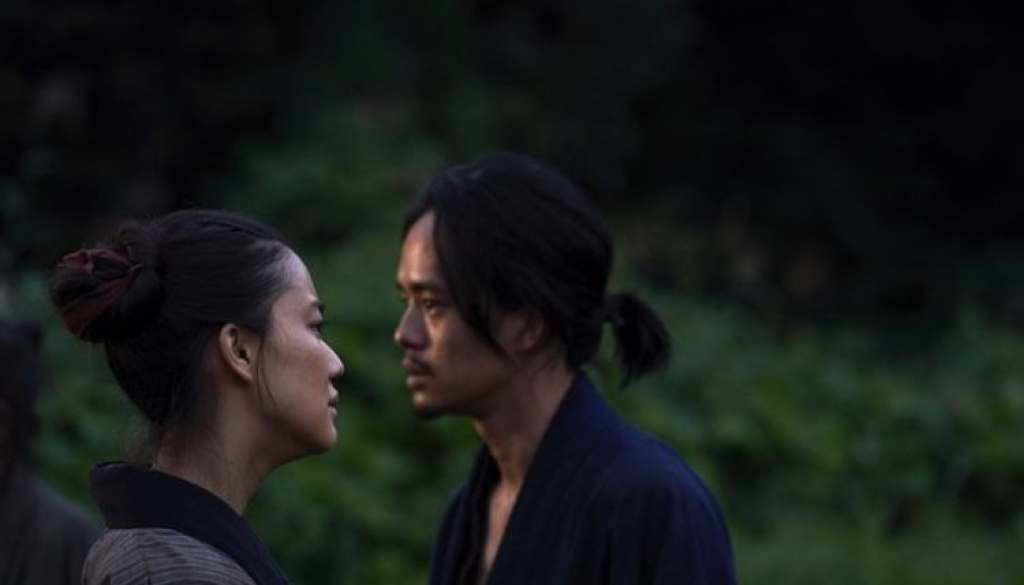

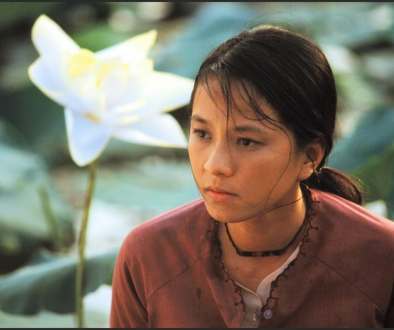
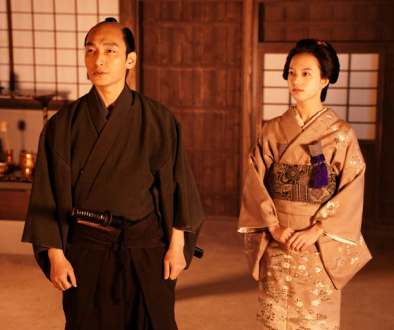
Japan Cuts XVII: Time To Raise The Curtain With A Look At Ten Titles Filling Up The Slots For This Year’s Festivites! - Film Combat Syndicate
July 1, 2024 @ 2:47 pm
[…] cerebrally intense anti-war pictures, the previous two being Fires On The Plain and sword drama, Killing. There’s also SHIN GODZILLA: ORTHOchromatic, a reiteration of the 2016 hit from directing duo […]